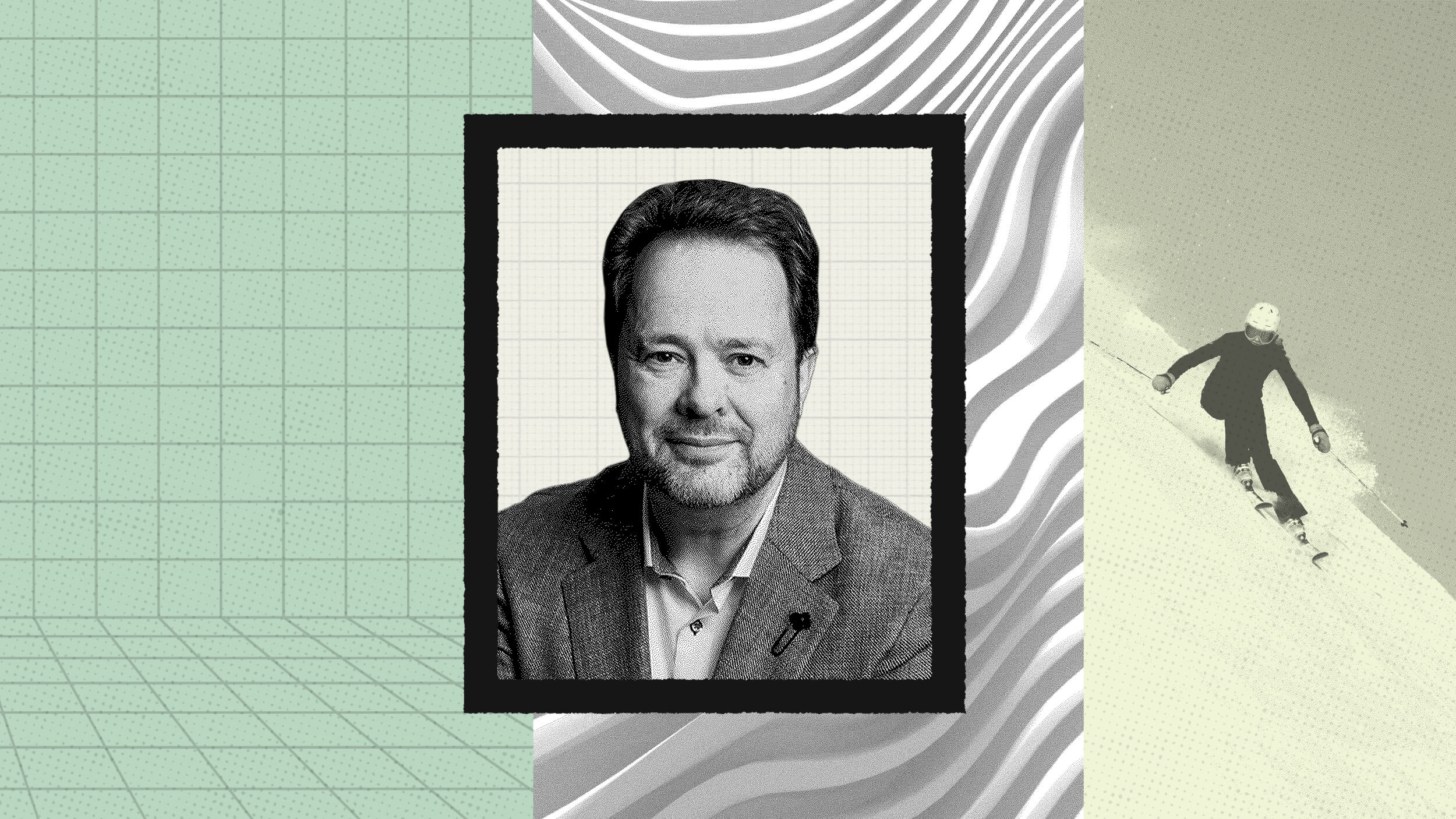Mia Farrow: Human rights are universal but they are not being realized for the children because the children are vulnerable. It’s easy to sell them, to marry them off, to sentence them to a life of labor.
Adults are not particularly responsible in all situations and they abuse children every way we can think of. So, for us to rise up as a community and say the rights of the child need to be protected, they need to be established, it’s past time that we stand up and do this.
Mia Farrow: People are selfish and children are victims over and over again and this is why, I mean, although almost every nation signed on to ratify the rights of the child. In fact, in practice this is not being experienced by millions and millions of children around the world.
And it’s really incumbent upon us as adults to impress upon other adults the need to respect children and their rights.
And I think a lot of it has to do with simply reteaching adults that just because a child is small and vulnerable you can do anything to that child. But it requires something stronger and that means every government and all but two governments didn’t sign on to it must stand by each and every child and we know that’s not happening.
We must open our eyes a little wider, open or hearts and become more active in shepherding the rights of the child right down to the level where it actually influences every family, every adult, and finally every child.
Mia Farrow: The first place I went to with UNICEF was Nigeria then Angola then Darfur and Darfur and before then I’ve traveled now 11 times to the Darfur region in eastern Chad not always with UNICEF more often on my own, twice to Central African Republic, once to Haiti with UNICEF.
There are situations and in some of the countries I’ve mentioned where we as UNICEF we can’t say certain things just because we need access to the children so I step aside and just as an individual, Mia Farrow, I can say what ever I want. And I do. And it’s really since my first trip to Darfur in 2004 and then again in 2006 that I witnessed things that I could just no longer be silent about. And it changed my life.
I don’t want to do movies anymore. I don’t want to act anymore. The things I’m used to be I’m not…They gave me the opportunity to work with UNICEF and now I just want to do this full time.
Mia Farrow: At least in democracies, we can influence our governments. There was a late senator, Paul Simon, an American Senator now dead, who said that if just 100 people had written in or contacted their leadership during the Rwandan Genocide that our government would have intervened.
Whatever you feel about that, it does play squarely on our shoulders, gives us a real sense of our responsibility as individuals.
I come from a generation that brought an end to war because we considered it to be unjust ,and this was the Vietnam War, and it was individuals one by one taking to the streets, writing to the government, protesting on campuses, marched peaceful protests for the most part. We expressed our view to our government.
I believe, like the late Paul Simon said, “Just a hundred people from every district, and by that it means every congressional district or every senatorial den, every state out of all the millions just a hundred write in we represent millions.”
So it gives us a sense of a power and I think responsibility to be the one that’s heard.
Many countries, they don’t care what you say. It’s much harder to have laws passed but we could work in subtle ways within our communities. Certainly as a mother of 7 sons, I have 14 children, but 7 sons, my obligation to bring my children up in a way that we will resolve our conflicts peacefully, we can all do that as parents, as citizens, and within our communities to help young people resolve their conflicts peacefully and pursue an avenue other than violence when we try to resolve just locally, within our communities, whatever conflict might arise.
Mia Farrow: I don’t even know where to begin. I’ve seen so many child soldiers that couldn’t have been more than 10 or 11 years old in uniforms and with guns. I’ve seen little children raped. And as if that wasn’t enough, by many men, and as if that wasn’t enough, their legs were pounded into pulp afterward.
I come away from some of these trips with huge existential questions about who we are as human beings and how we have to be more alert and aware of our own components as human beings.
We have the capacity to do wonderful things and help each other and we have the capacity to do terrible things to each other and to acknowledge that we have those components, own them and take responsibility for them.
This is huge and I feel that as a parent, as a single parent of my own children that if every parent and every human being just says, “Yes the enemy is also me and I accept that I can do terrible things. I’m capable of doing terrible things and I’m also capable of doing immense good in this world, in helping others.” And it’s a question of decision and weeding out those components that are less worthy to be the person we need to be.
June 9 2009





